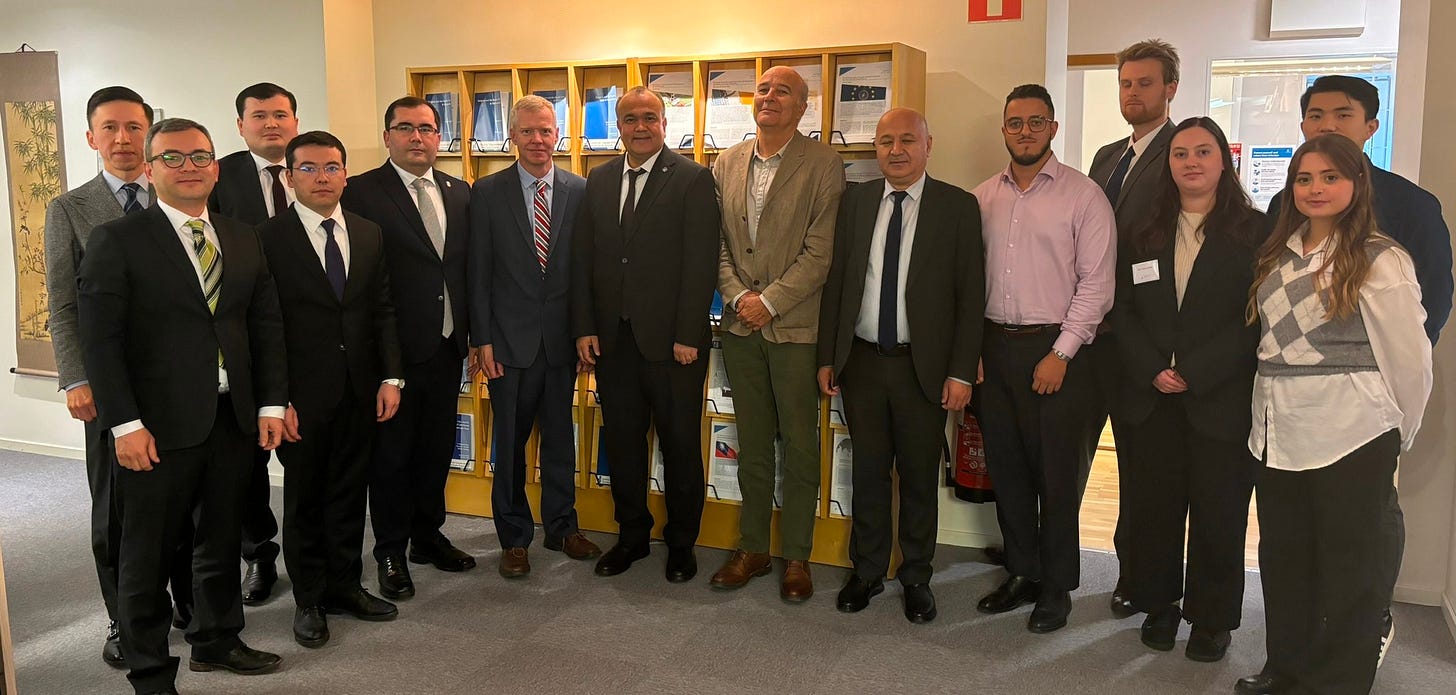Central Asia-Caucasus Institute's Substack
Tokayev's "Central Asia – 2040" vision positions Kazakhstan as rising star; Starr warns of US inaction costs in Greater Central Asia; Kazakhstan delays BRICS membership bid
You can follow us on Twitter, Facebook, and LinkedIn. As always, you can find our current analyses and more than twenty years of historical scholarship on our websites: Silk Road Studies, CACI Analyst, and Turkey Analyst.
What we’re hosting:
Webinar: Kazakhstan’s Return to Nuclear Power. October 30, 10 am ET. The discussion, which will be hosted with the Times of Central Asia, will cover the implications of nuclear power on Kazakhstan’s domestic energy security, international considerations, and business opportunities. Registration link coming soon.
CAMCA (Central Asia, Mongolia, the Caucasus and Afghanistan) Regional Forum June 12 & 13, 2025 in Ulaanbaatar, Mongolia
A delegation from Uzbekistan met with our Stockholm-based researchers and international representatives at the Institute for Security and Development Policy (ISDP) to discuss parliamentary election reforms.
The delegation included:
Nodir Jumaev, Legislative Chamber Committee Chair
Marifdjon Usmanov, New Uzbekistan Development Research Institute Rector
Akrom Toshpulatov, Parliamentary Research Institute Director
Eldor Tulyakov, Development Strategy Center Executive Director
Mirshohid Aslanov, Center for Progressive Reforms CEO
What we’re writing:
Emma Krdzalic argues that Kazakhstan's Tokayev is deftly playing the regional and global game, positioning his nation as Central Asia's rising star by balancing regional cooperation with global ambitions. His recently unveiled "Central Asia – 2040" vision aims for transformative partnerships and sustainable growth, signaling Kazakhstan's ascent as a key middle power in a shifting geopolitical landscape.
S. Frederick Starr warns that “the cost of inaction” for the United States ignoring Greater Central Asia (GCA) in light of the growing influence of China and Russia "will be high," potentially leading to the region becoming a "no-go zone" for American interests and values.
Herman Pirchner explains to ordinary Americans the reasons Ukraine keeps fighting. Ukrainians know that giving up land means surrendering to life under Russian occupation.
What we’re excited about:
ART NOMAD, a platform for buying and selling Central Asian art, has published an exciting article highlighting emerging artists from the region to watch in 2024. The piece showcases talented creators like Kadyrzhan Khairulin, Perizat Yesnazarova, and Zeynelkhan Mukhamedzhan, celebrated for their distinctive perspectives and innovative techniques.
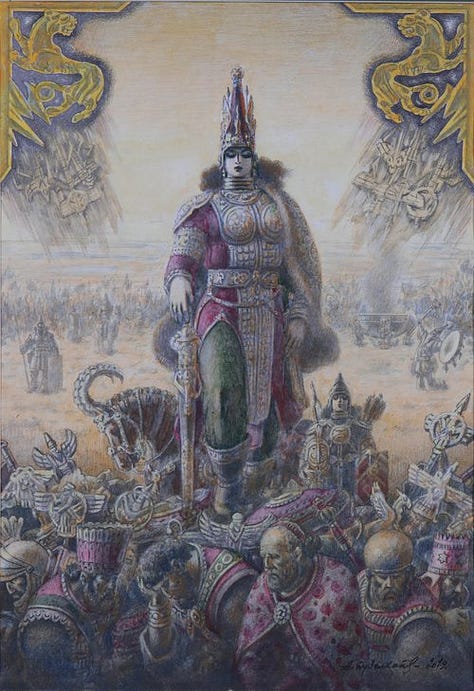
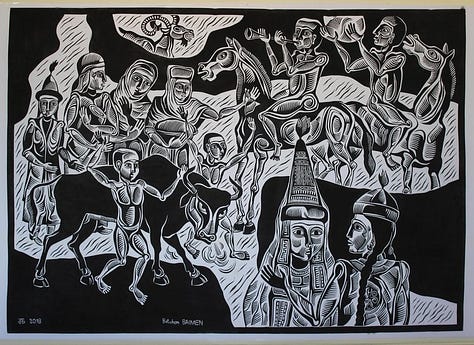
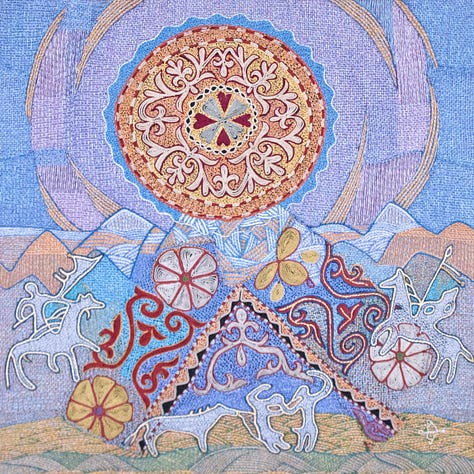
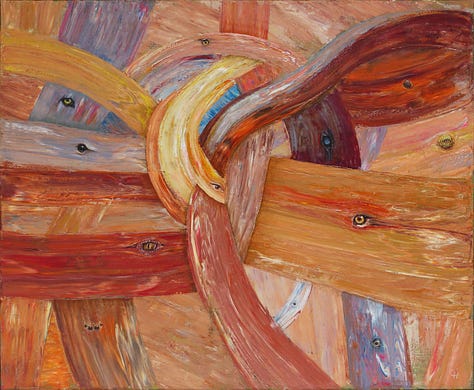
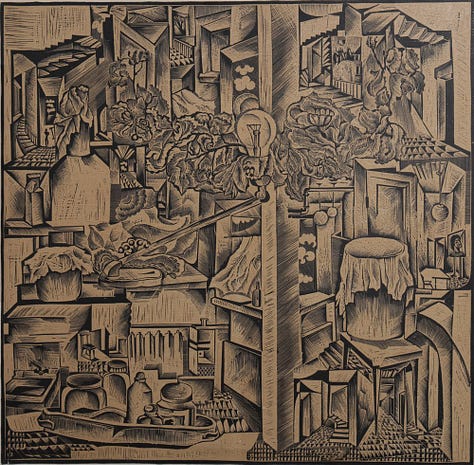
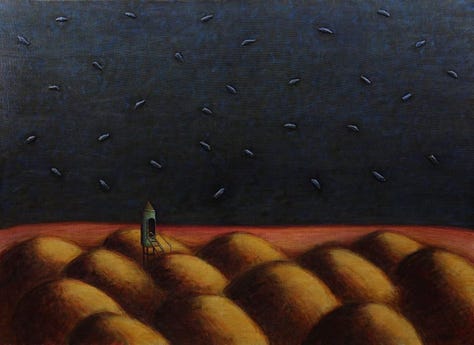
What we’re reading, listening to, and watching:
Kazakhstan has postponed its application for BRICS membership, according to Berik Uali, press secretary to President Kassym-Jomart Tokayev. Uali stated that this decision was made in line with the country's "national interests" at the present time.
US democracy promotion efforts over the past three decades have yielded mixed results at best. Watch the Harriman Institute at Columbia University's panel discussion: "Frustration and Challenges: Looking Back on Thirty Years of Democracy Promotion in the Region." This event examines the successes and failures of democracy promotion initiatives, and explores potential future directions for such efforts.
Looking for a 10 minute weekly audio update on the latest news in Georgia? Try the Rorshok podcast.
Ahead of Georgian parliamentary elections on October 26, here is an English translation of Bidzina Ivanishvili’s 2005 interview with Vedomosti, likely his only interview from this time period. Here is the original Russian of the interview.
Access our Silk Road Papers on Kindle: Explore in-depth research on Central Asia, with new and historic publications added daily for up-to-date insights on regional developments.




